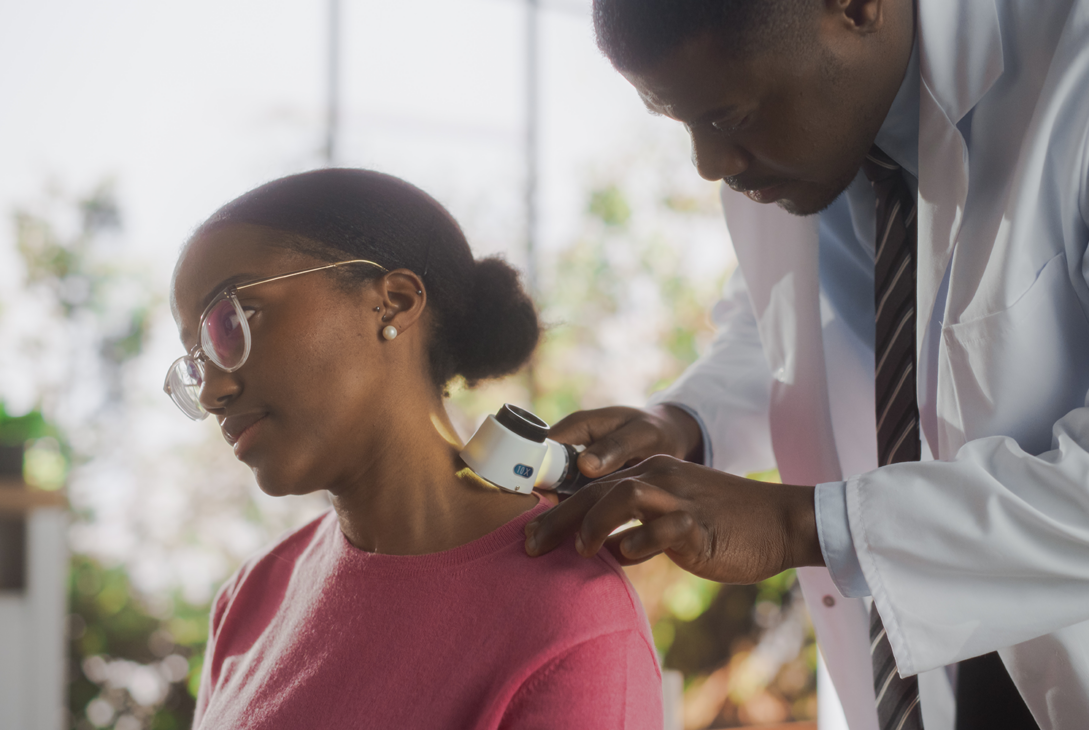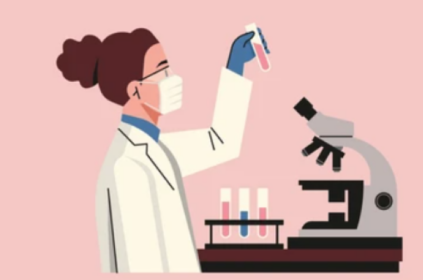According to an article from BusinessWire, the clinical-stage biotech company DermBiont recently announced encouraging initial data from its Phase 2a clinical trial evaluating an investigational therapy for basal cell carcinoma (BCC), a common type of skin cancer. The treatment in question is designated SM-020, a topical kinase inhibitor.
About The Study
The study is in active enrollment and anticipates treatment of up to 30 participants with up to five primary basal cell carcinoma tumors that are superficial, infiltrating, or nodular. Patients are treated with a 1% SM-020 twice per day for a period of 28 days. The primary endpoint in the study is percentage change from baseline of largest tumor diameter after six weeks. So far, a total of seven patients with nine total BCC tumors have been treated. These individuals have shown a rapid response to the treatment, with all nine cancer tumors showing reductions.
SM-020 is in development for the treatment of BCC that is considered locally advanced as well as for the prevention of the disease in people living with Gorlin syndrome, in which this type of cancer is one of the primary symptoms. The drug appears to be well-tolerated with moderate application site reactions being relatively rare and the only definitive side effect to administration.
You can read more about the study over at BusinessWire.
About Basal Cell Carcinoma
Basal cell carcinoma (BCC) is the most common type of skin cancer and is in fact the most common type of cancer diagnosed today. It typically looks like a risen area of skin that may be shiny or have a large number of blood vessels. It may also appear as a slow growing ulcer, though it generally isn’t painful. This cancer occurs on sun exposed areas and appears to be triggered by exposure to UV light for long periods. Other risk factors include light skin tone, radiation therapy, long-term arsenic exposure, and poor immune function. Symptoms include a shiny nodule on the skin, a reddish skin patch (similar to eczema), or an area resembling scar tissue. This cancer rarely spreads to distant areas or becomes life-threatening. Standard treatment includes surgical removal of the tumor, but more advanced approaches, such as chemotherapy, radiation therapy, immunotherapy, and photodynamic therapy, may be used in more severe cases.
Click here to learn more about basal cell carcinoma on our partner site, Patient Worthy.
Editor’s Note: Get Involved
Cancer doesn’t discriminate. WHATNEXT and its partners are interested in amplifying the voices of those from all identities and backgrounds. If you have a cancer journey to share, reach out here to learn more about how your voice can help spread awareness and inspire individuals from all walks of life.
basal cell carcinoma BCC clinical trial research skin cancer treatment
Last modified: January 23, 2025











